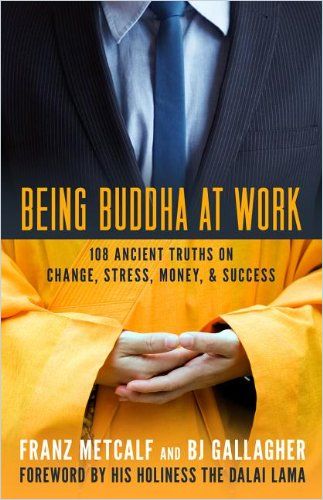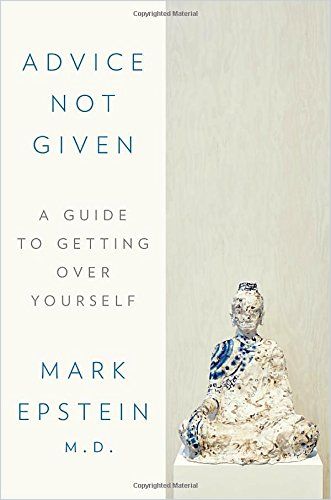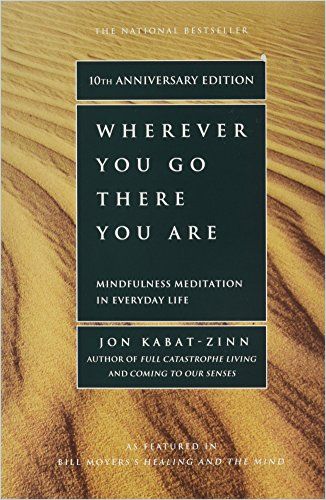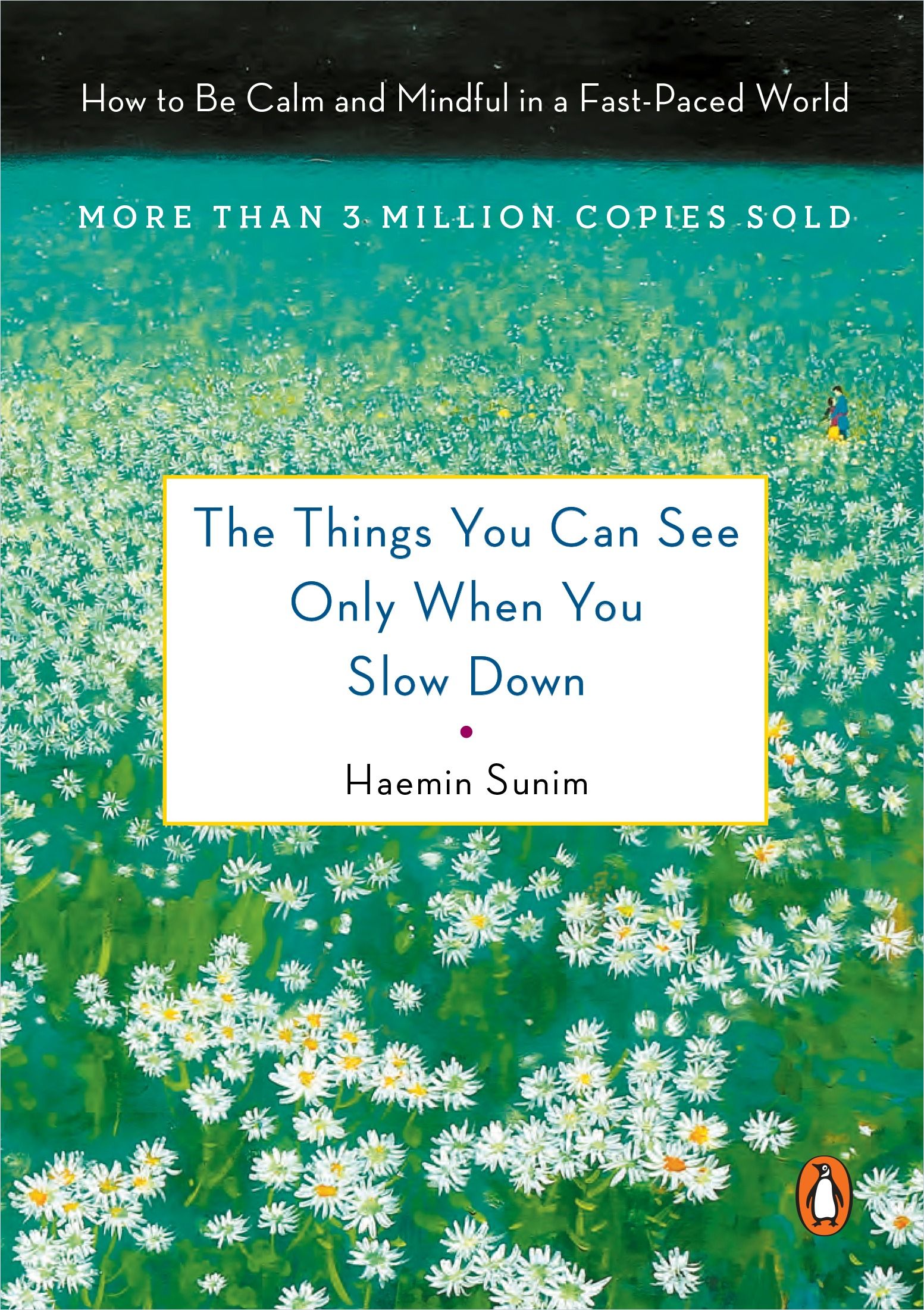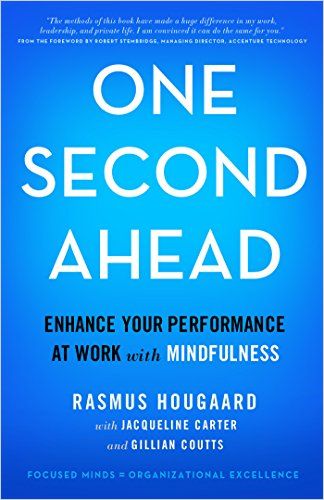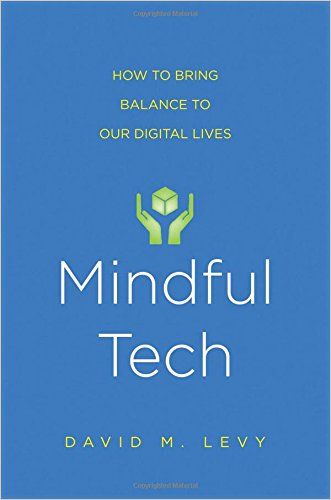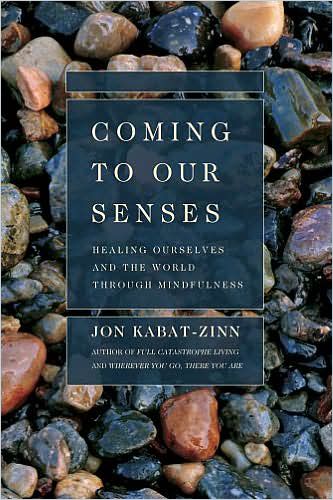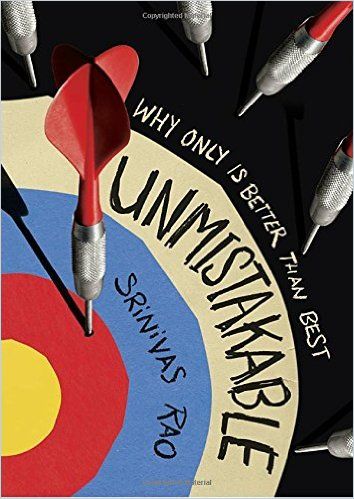Ancient Buddhist Wisdom for Turbulent Times

Buddha’s teachings, which originated roughly 2.5 millennia ago, began to penetrate Western mainstream culture in the 1960s and have since gained increased popularity and acceptance. Many in the West have found modern relevance in Buddhist ideas and concepts, which can be embraced and followed without practicing Buddhism as a religion. Buddha’s teachings provide useful guidelines for everyday living and for relating to the world around us. They are particularly well suited to coping with today’s fast-paced and unpredictable business environment.
Accept Change as a Fact of Life
In Buddhism, life is seen as a process of constant change. Once you stop resisting the fact that nothing is permanent, it will be much easier for you to navigate a fast-changing work environment.
According to psychologist Audrey Tang, the business environment has changed in three significant ways: 1) You most likely won’t have just one employer for your whole career. 2) Artificial intelligence and robotics have altered the nature of the work you can expect to do. 3) Some competencies will lose relevance almost as fast as you acquire them. Indeed, these circumstances can be anxiety-provoking. But your reaction to stressors depends on how you view them. If you accept the idea that change is intrinsic to life, you feel less stressed. In her book, Tang explains how you can apply mindfulness – paying attention to the present moment in a non-judgmental way – to increase your capacity to respond to change intelligently and effectively.
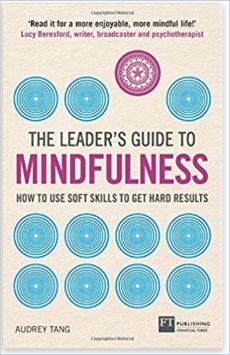
Approach the World with a “Beginner’s Mind”
The Zen Buddhist concept of a “beginner’s mind” refers to cultivating an attitude of openness. It means dropping preconceived ideas and expectations, and instead approaching each experience as if you encountered it for the first time.
According to consultants Steven D’Souza and Diana Renner, cultivating a beginner’s mind is highly valuable in a range of work settings. Take problem solving: Today’s complex problems require creative solutions. The more expertise you bring to a problem, the more you frame your understanding in terms of that knowledge. This makes you less likely to think outside the box and seek solutions elsewhere. Or take leadership: Some leaders are under the false impression that they must have a solid plan to lead well. But in a fast-changing business environment, improvising is better. Improvising means paying attention to the possibilities each moment offers and moving fluidly in response. A beginner’s mind will enable you to adjust quickly when something is not working and seize new opportunities when they arise.
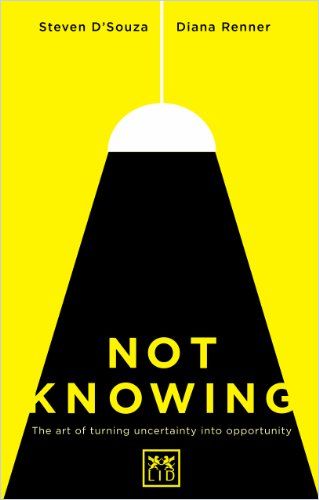
Pursue Happiness by Serving Others
Buddhism recognizes that humans cannot find satisfaction through the pursuit of wealth, power and possessions. It teaches that true happiness is possible only through good friendships and relationships.
His Holiness, the Dalai Lama, collaborated with management consultant Laurens van den Muyzenberg to offer a blueprint on the business applications of Buddhist teachings. Buddhism, the authors explain, rejects the notion that profit is business’s primary motivation. Buddhism teaches that profit is a natural by-product of conducting your operations responsibly and focusing on customer satisfaction. A business that wants to stay viable long-term must exhibit social responsibility, conduct business ethically and prioritize excellence to serve its customers.
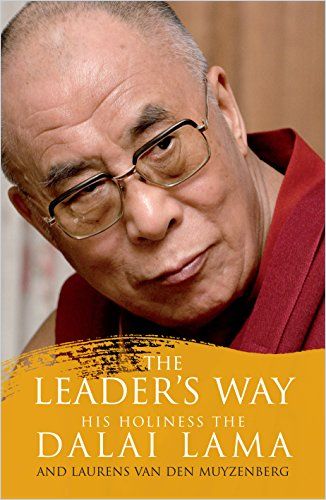
Calm Is Just One Breath Away
Mindfulness meditation is a tool Buddhism employs to enable you to live in the present, and to experience each moment fully. By observing your thoughts rather than getting caught up in them, you will learn that your constantly changing thoughts are not the only reality. You will find that awareness – that which is observing your mind thinking – is a permanent presence within you that you can go back to anytime when you experience confusion and stress.
In his modern mindfulness classic, Jon Kabat-Zinn, founder of the mindfulness-based stress reduction program (MBSR), lays out in detail how you can use mindfulness to experience more calmness and a sense of well-being in your life. The simplest way to cultivate mindfulness, he explains, is by becoming aware of your breathing. Feel the sensations of each full inbreath and outbreath. When you notice that your mind has drifted, gently bring it back to your breath. You can utilize this strategy throughout the day by attending to the sensations of your own breathing. Let troubling thoughts come and go like clouds in the sky. You can include them in the field of awareness, as well as the breath and body sensations. Cultivating mindfulness this way will help you develop greater insight, clarity and peace.
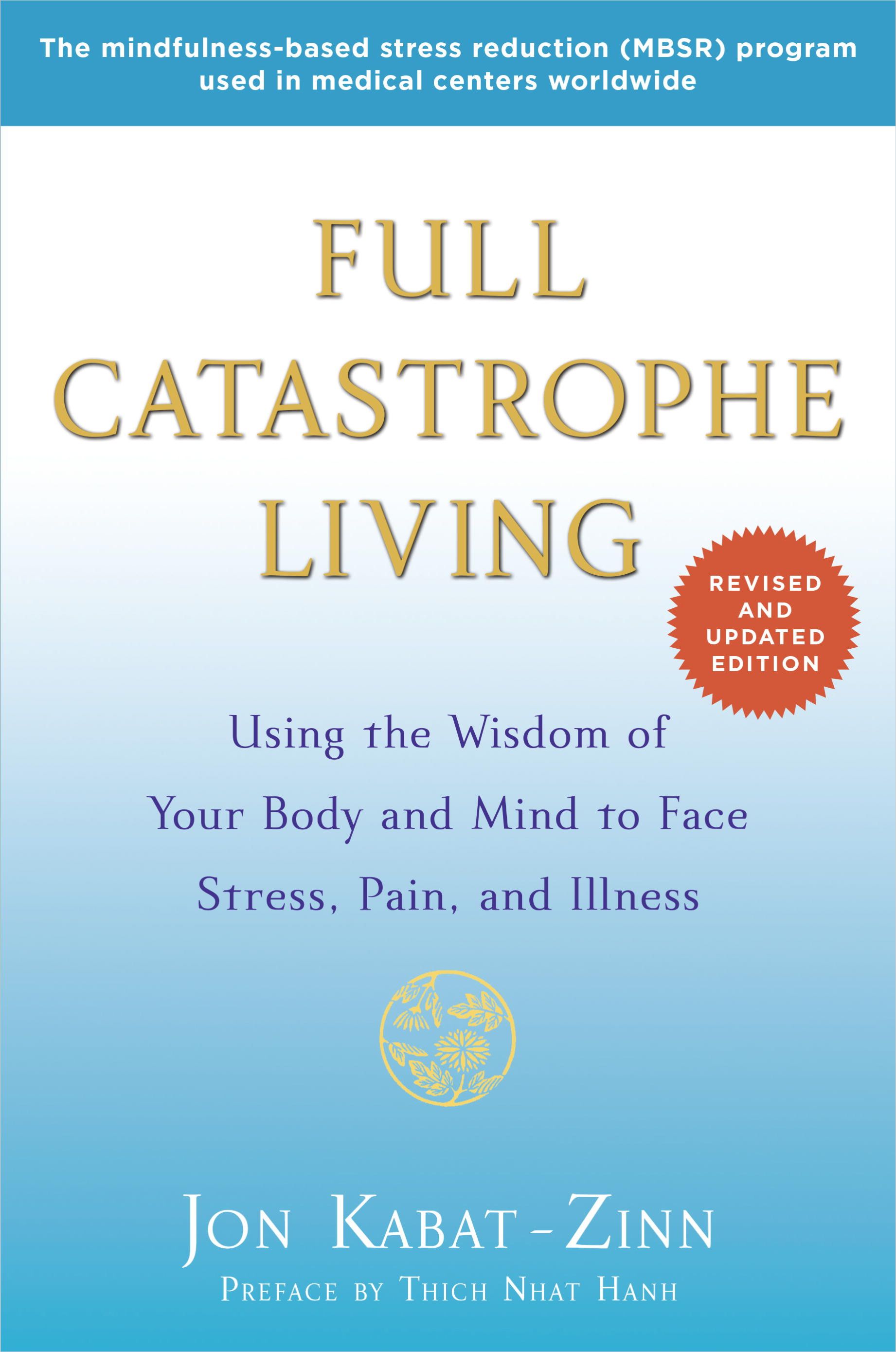
Buddhist ideas and practices are of great modern relevance. They help us relate to and navigate our chaotic, uncertain and anxiety-provoking times with more serenity, calm and creativity. We invite you to peruse more of our reading recommendations based on these ancient teachings:
